AWU launches campaign to end ‘super grab’ from PALM scheme workers
THE Australian Workers’ Union (AWU), alongside the Approved Employers of Australia, has launched a campaign to pressure the Federal Government to change rules that see guest farm workers having 35 percent of their superannuation seized by the government on departure.
The AWU is calling on Superannuation Minister Stephen Jones to urgently step in and change the system that taxes Pacific Australia Labour Mobility (PALM) workers’ super and makes it administratively difficult to get it paid into a Pacific bank account. 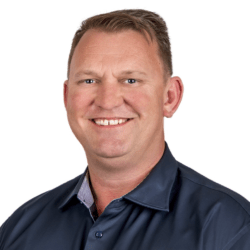
The AWU’s campaign is calling on the government to make four changes to the settings of superannuation for workers on the PALM Scheme:
Simplify superannuation paperwork
Streamline the process by allowing PALM workers to complete all superannuation-related paperwork upon arrival in Australia, reducing administrative burdens and delays when accessing their savings.
Eliminate Departing Australia Superannuation Payment (DASP) withdrawal taxation
Remove the high withdrawal taxes currently imposed on PALM workers’ superannuation, ensuring that they can retain more of their savings for their future.
Facilitate portability to home retirement funds
Where possible, create options for PALM workers to transfer their superannuation to independent retirement funds in their home countries, helping them build long-term financial security.
Establish preferred superannuation funds
Promote Australian Super and Prime Super as preferred funds in the PALM guidelines to simplify access, prevent for-profit exploitation, and support targeted campaigns to educate workers on their super options.
AWU national secretary Paul Farrow said, “The PALM scheme is not just about sourcing labour, it’s meant to engender good relations with our Pacific neighbours. It’s pretty tough to see how seizing 35 percent of workers’ superannuation is sending the right message.
“I think it’s a very bad look for Australia, especially considering what has happened in this nation’s history, to be unreasonably seizing the hard-earned wages of Pacific workers. PALM workers tell us it leaves a very sour taste in the mouth, and that’s the very opposite of what the scheme is meant to achieve.
“Dodgy employers and labour hire firms have been a real blight on the PALM scheme during the Coalition years in government when the Nationals turned a blind eye to abuse,” Mr Farrow said. “Although problems definitely persist, the Albanese Government has done a commendable job at cleaning up the mess. But this 35 percent cent super grab is just a stupid own goal.
“This is honestly one of the easiest changes I can imagine,” he said. “I’ll be personally recommending to Stephen Jones that he push this through as a matter of urgency. What reasonable person would stand in his way?
“Meanwhile the current administrative process confounds, delays and often denies PALM workers thousands of dollars in earnings. According to a recent study, a third of all workers in the scheme are just unable to access the super they earned.”
ends

 How to resolve AdBlock issue?
How to resolve AdBlock issue? 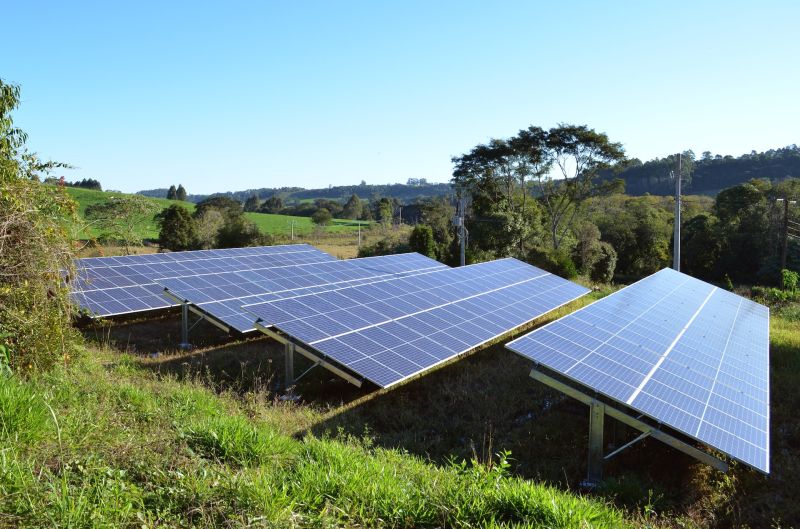
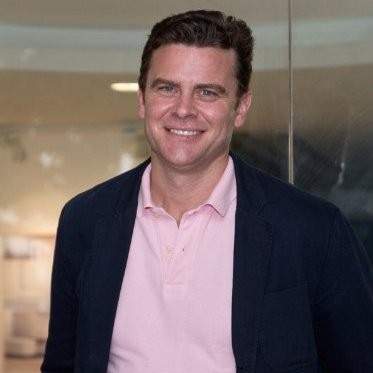
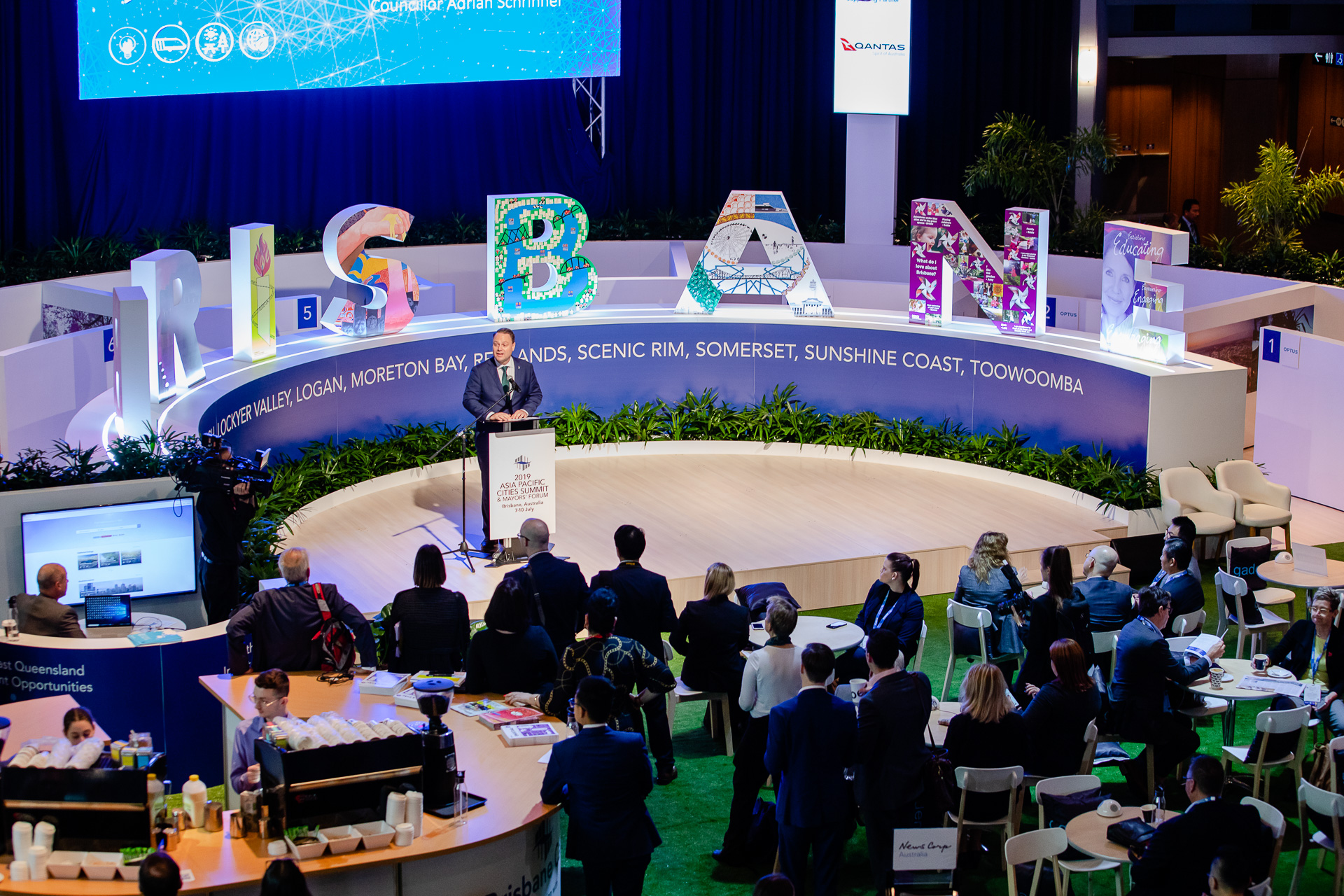
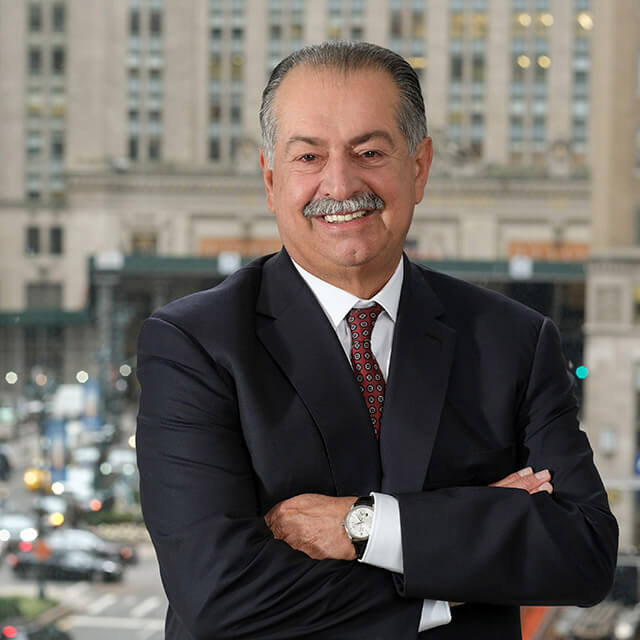


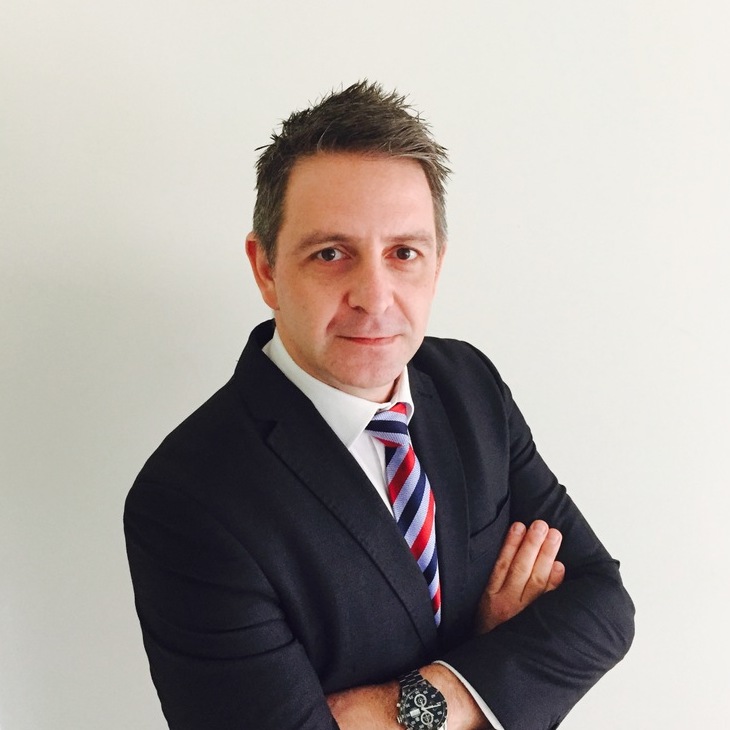
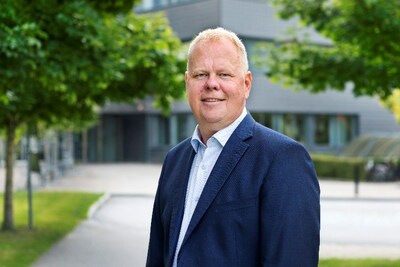
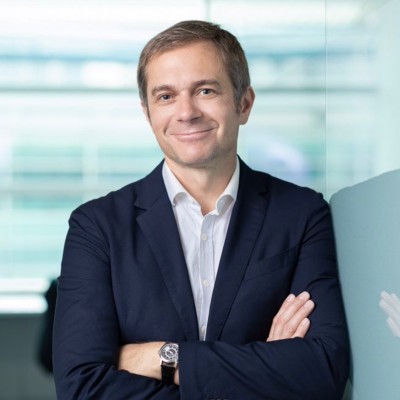
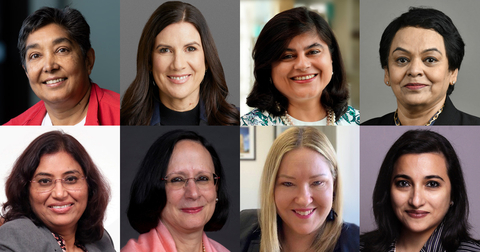 (pictured) are:
(pictured) are: